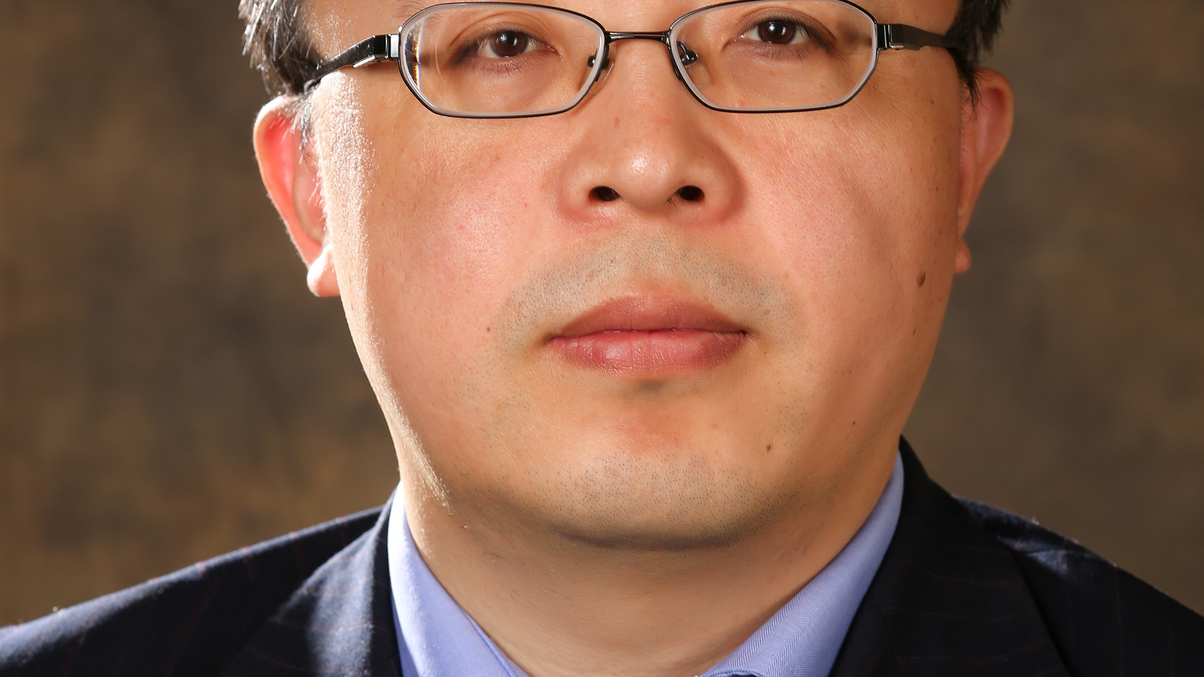Templeton readies MRF fund in tough conditions
In a challenging environment for China products, Franklin Templeton's Shanghai JV will this month offer its first product in Hong Kong. CIO Xu Lirong tips A-shares on a three-year view.

Franklin Templeton will start selling its first China product through the mutual recognition of funds scheme in Hong Kong this month, following disappointing sales in January for the first batch of MRF products.
Sign in to read on!
Registered users get 2 free articles in 30 days.
Subscribers have full unlimited access to AsianInvestor
Not signed up? New users get 2 free articles per month, plus a 7-day unlimited free trial.
¬ Haymarket Media Limited. All rights reserved.


